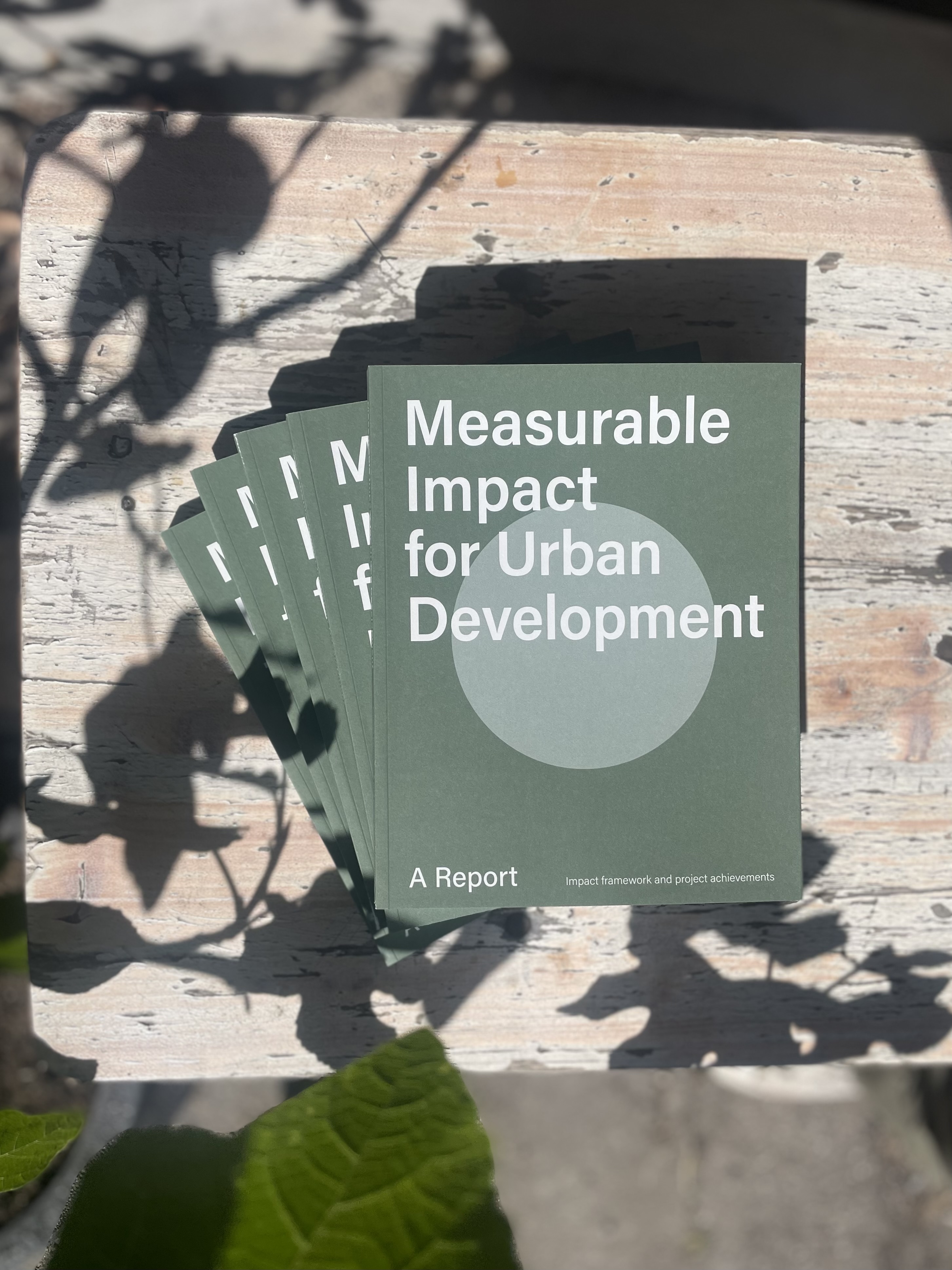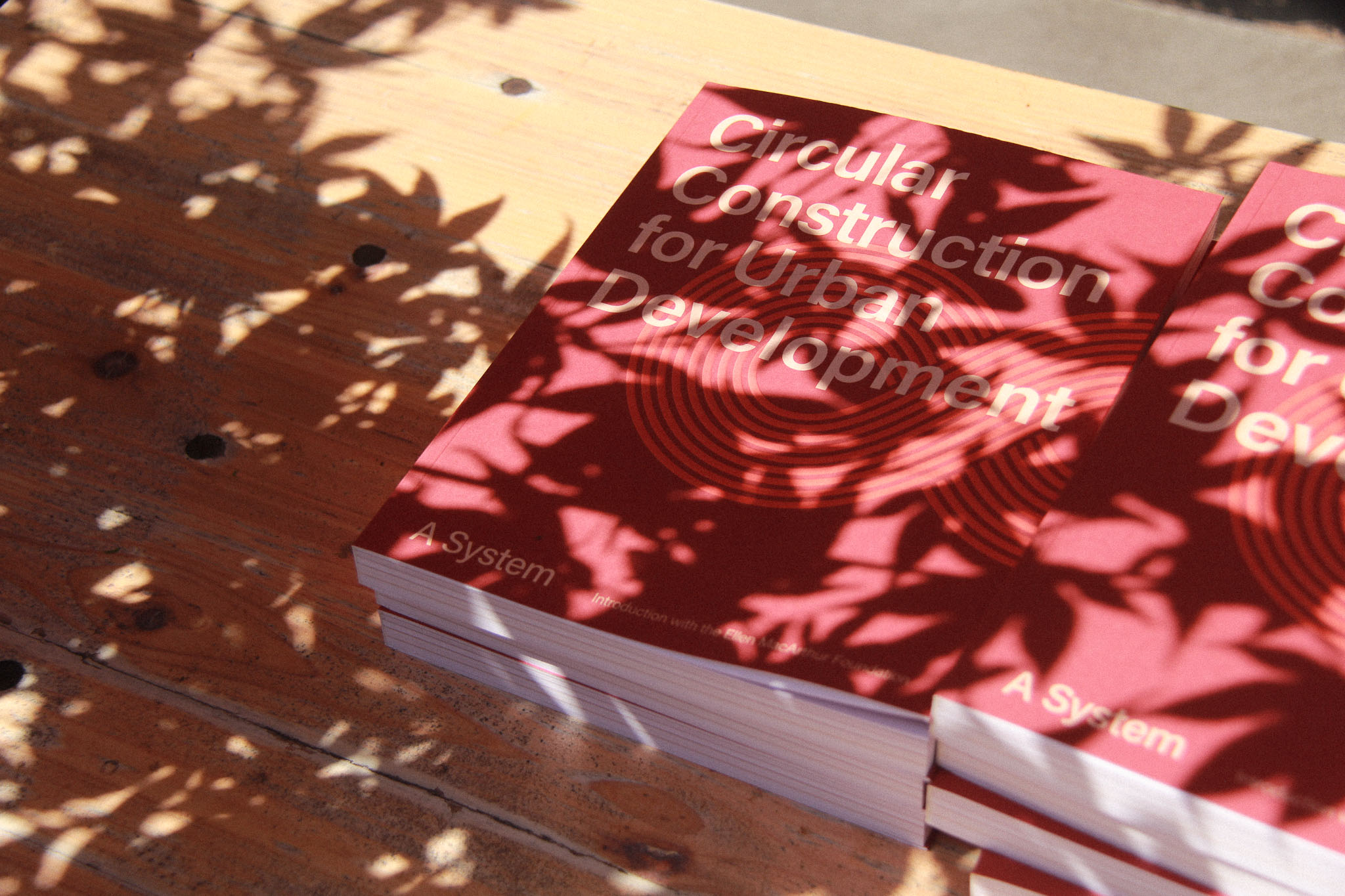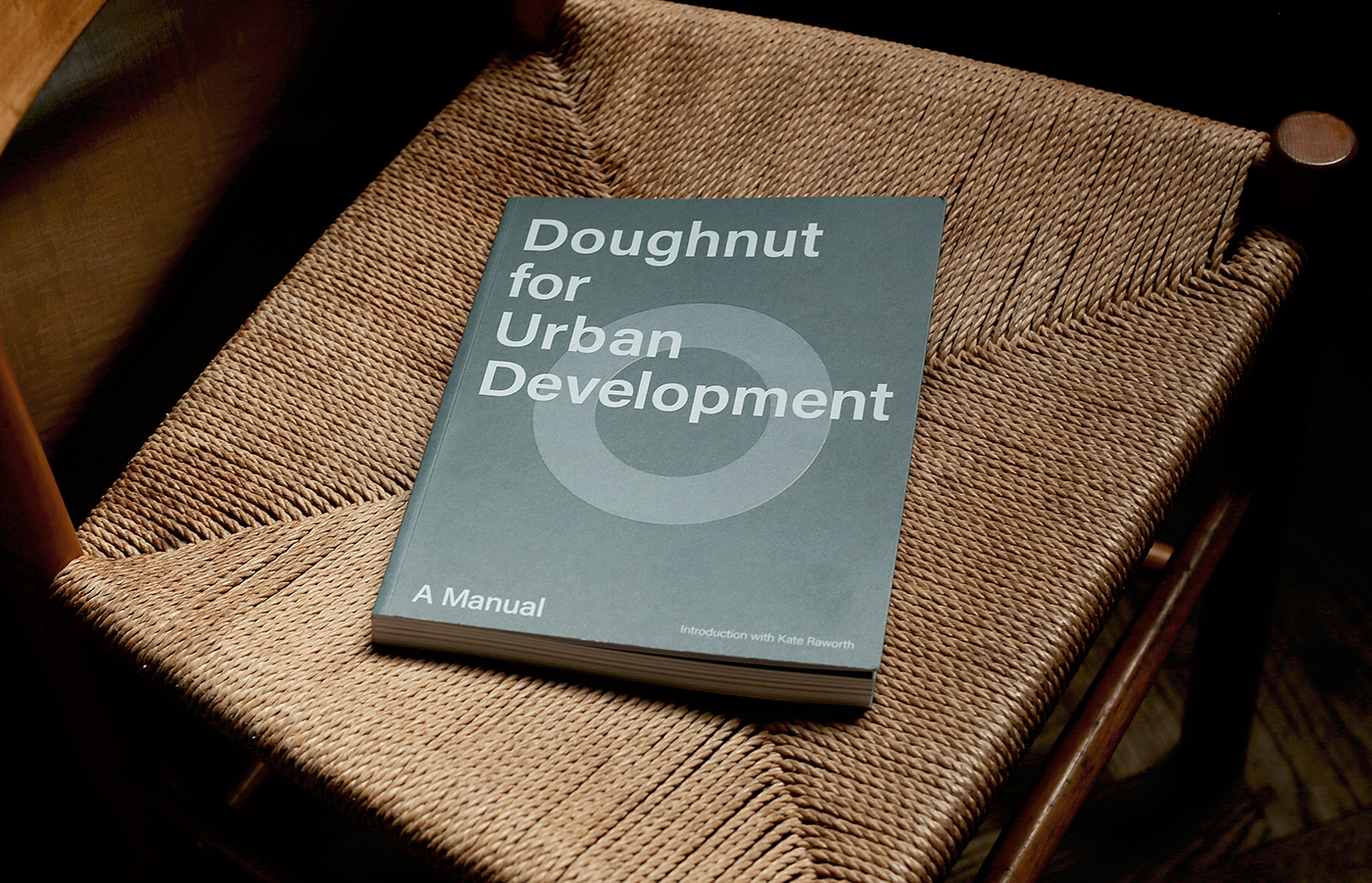
We combine research and practice to develop new solutions that make housing both more sustainable and more human. Our approach is always grounded in data, insights, and collaboration with experts enabling us to think differently and create better homes for the future.
Doing things differently requires a clear compass.
Early on, we found strong resonance with Doughnut Economics, developed by the British economist Kate Raworth.
The framework redefines economic success by calling on businesses to operate in the “safe and just space” between a social foundation that ensures human well-being, and an ecological ceiling that protects planetary resources.
Operating within the Doughnut is not about limiting ambition it’s also where long-term value is maximized. In this space, risks are lower, resilience is higher, and it increasingly reflects what customers and other stakeholders expect and value.



.png)
Bridge the Gap is a non-profit initiative created to accelerate the transition of the construction industry toward sustainable and circular practices.
It addresses the challenge that, while new off-site systemsand technical solutions exist, they often remain inaccessible, poorly documented, or difficult to compare.The platform provides an open database of prefabricated building systems and installations, offering transparent documentation that allows developers, designers, and decision-makers to identify and select solutions based on sustainability criteria.
Alongside this, it offers guides, implementation tools, and a knowledge base that explain not only what these systems are, but also why and how they can be applied in real projects.
With Bridge the Gap, the aim is to reduce complexity, close knowledge gaps, and make innovative, low-carbon building methods easier to adopt across the industry. By doing so, the initiative seeks to bridge the space between ambition and action, and to support the shift toward a more circular and regenerative built environment.
Bridge the Gap was founded by Home.Earth, the Technical University of Denmark (DTU), and Delft University of Technology, with financial support from the Aase and Ejnar Danielsen Foundation.
It is a collaborative effort between academia, industry, and philanthropy, united in the mission to transform how we build.

Circular Construction for Urban Development is based on the theory of the Circular Economy developed by the Ellen MacArthur Foundation. The main theme of the book is to explore the synergies that arise by combining circularity with industrialized construction.
Circular Construction for Urban Development introduces principles, methods, and tools. These include principles such as design for disassembly, material and building passports, and circular business models, along with a new perspective on circular life cycle assessment.
Finally, tools are presented to measure the degree of circular construction and to translate planetary boundaries into concrete targets for individual buildings. These tools can estimate upfront CO2 savings through material choices and the reuse and transformation of existing buildings.
With this book, we have attempted to outline an industrial circular construction practice. Current principles, methods, and tools are provided, and new ideas are introduced.
If we want a future with circular construction where today's waste can become tomorrow's resources, we need to challenge current practices. We must rethink how we build, from materials and building systems to forms of collaboration and business models.
A beautiful aspect of urban development is that all the materials, structures, and buildings we create will stand as physical testimonies to the future we want to see. This cannot be achieved through isolated projects. We need the entire industry's ecosystem to commit to solving this task.

With the Doughnut for Urban Development we are using doughnut economics as a model for urban development and construction for the first time. Doughnut Economics has previously been used with great success globally and for urban strategies ranging from Amsterdam to Copenhagen.
We have developed the Manual to provide the entire industry with a practical tool to evaluate the sustainability of their projects and what they can do to make them even more sustainable. The manual embraces both social and planetary sustainability and incorporates both local and global dimensions.
The Doughnut for Urban Development is an open-source tool that we hope will benefit the entire industry. That’s why the entire book can be downloaded - completely free - and we hope that you will read it, use it, and share your experiences with the rest of the industry.
Time is ticking, and the temperature of our planet continues to rise - that’s why it is not enough to keep good solutions to ourselves. If we are to solve the challenges we face, we believe in collaboration and hope that the Doughnut for Urban Development can contribute to the journey towards a more sustainable and inclusive way of developing our cities.

This book marks the third and final volume in atrilogy on urban development. The first two volumes introduced a manual for doughnut economics a nda system for circular construction. This third book presents a report on how the manual and system havebeen implemented in practice through the businessmodel and the first development project in Nærheden, Hedehusene.
Download